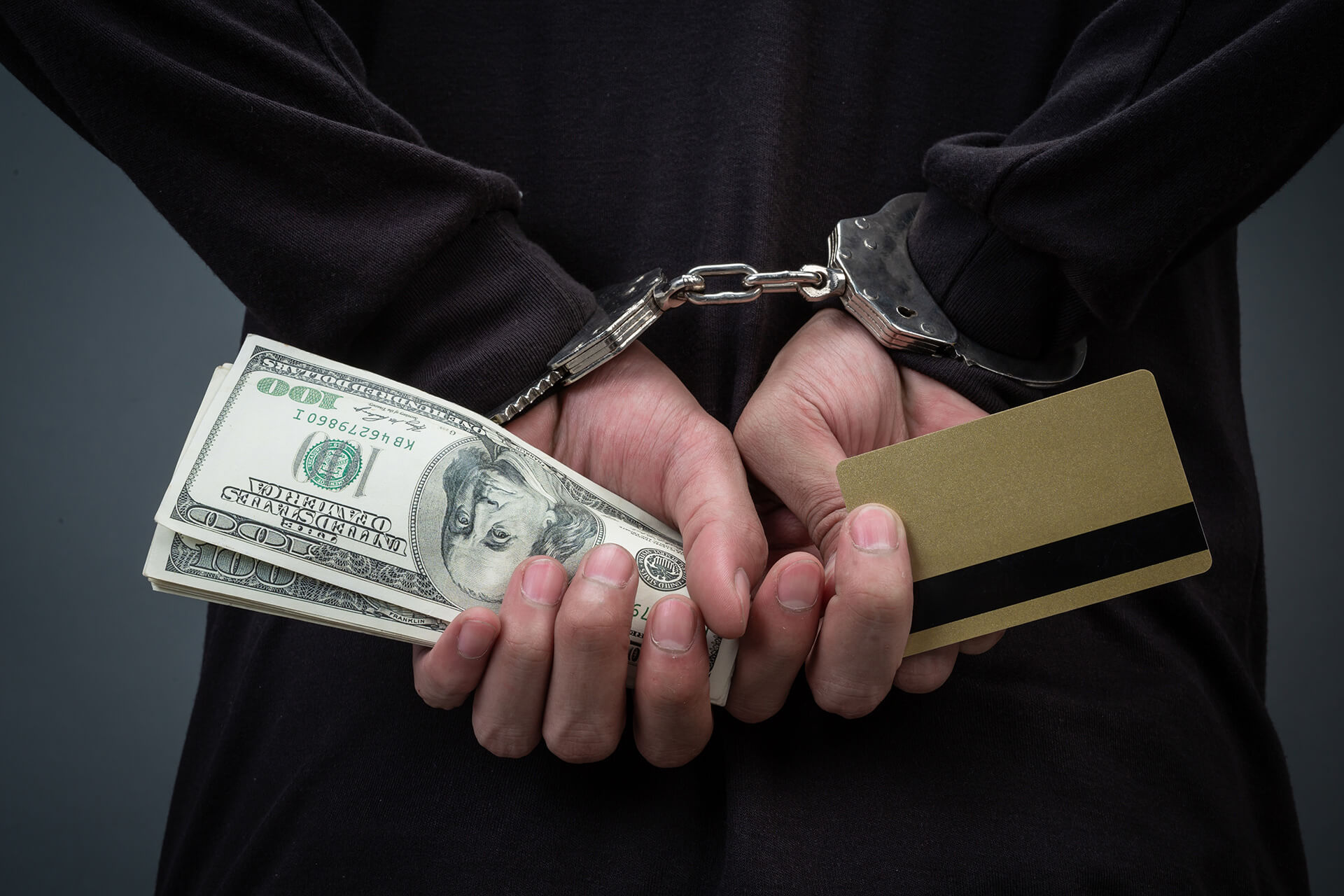For decades there has been an ongoing debate about why cannabis should be legalized in the United States. Without a doubt, the war on drugs costing Americans over one trillion dollars has not been successful, according to drug czar Gil Kerlikowske. He is quick to say that one of the most unsuccessful drug campaigns has been the long standing fight to criminalize pot. In the last forty or so years, there have been over 21 million people in the United States arrested for breaking marijuana laws without making a dent in its use or availability.
Despite the efforts of the U.S. drug war, marijuana and its use appears to be here for the long run. The support of the general public favors ending the 70 year old federal war against cannabis, implementing a way to legalize and regulate it for the benefit of the country and individual states. A Rasmussen Report in May of 2012 revealed that 56% of all Americans are in favor of legalization, while only 34% oppose doing so.
Some of the reasons given in support of the legalization of marijuana include:
- Marijuana has no more harmful health consequences than alcohol, tobacco and prescription medications
- Marijuana has been cited to have medicinal benefits in the treatment of AIDS, glaucoma and cancer
- Legalizing marijuana would reduce the crime and violence associated with the illegal sale and distribution via drug lords
- Legalizing marijuana would generate huge tax revenues
On the other hand, those who oppose the legalization of marijuana argue that:
- Marijuana is the first step to hard drugs, such as heroin and cocaine, among others
- Marijuana is just morally wrong and second hand smoke causes others to suffer
- Legalizing marijuana will result in increased crime, since people involved in its sale and distribution are often involved in other serious crimes
The Michigan Supreme Court has opened the door for a referendum question that could make Detroit the state’s first city to legalize marijuana, following a long legal battle. Pot legalization and the tax revenues generated by it would go a long way to repairing Michigan’s dilapidated economy, particularly in Detroit. According to CNN data, $32 million in tax revenues is lost from the criminalization of marijuana. In addition to the loss of tax revenue, Michigan has to spend around $35,000 for each person in prison per year. This adds up to roughly $85 million per year to keep the five percent of Michigan prisoners, who are there on marijuana charges, in jail.
Even more remarkable is the fact that our federal government would save around $13.7 billion by legalizing marijuana, according to Harvard economist Jeffrey Miron. A savings of $7.7 billion would come from no longer having to try and stop its sale and use, while another $6 billion would come from taxes generated, if marijuana was taxed at the same or similar rates as tobacco and alcohol.
With the monetary benefits being so overwhelmingly in favor of legalization and over half of all Americans for it, the question really seems to be not whether it should be legalized, but when will it happen? For these reasons alone, it will occur sooner than later.
Scott Weinberg is an experienced criminal attorney in Detroit, Michigan, who has not only represented individuals in Michigan and Illinois but is also a sought after expert commentator. He has appeared on Court TV, WJR and WXYT, as well as having his own show, “Weinberg On The Law.”
If you or someone you know has been charged with a crime, contact us today to schedule an appointment to discuss your situation and the options available to you.
Other Resources:
Michigan Supreme Court Clears Way To Let Detroiters Vote On Legalizing Marijuana, The Detroit Free Press, June 2, 2012
How Legalizing Marijuana Could Reduce The Federal Deficit, The Huffington Post, April 4, 2012
Marijuana Should Be Legalized and Regulated, U.S. News, July 9, 2012




